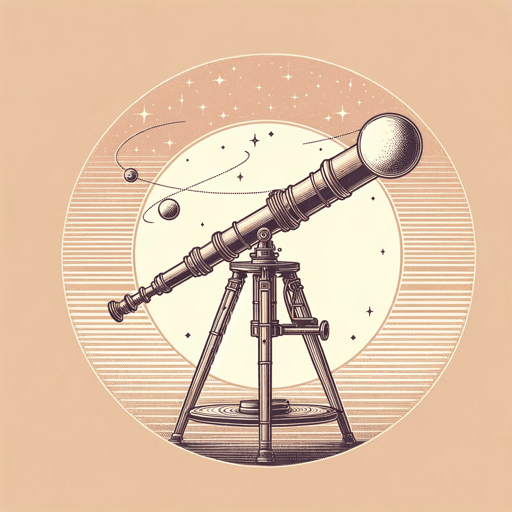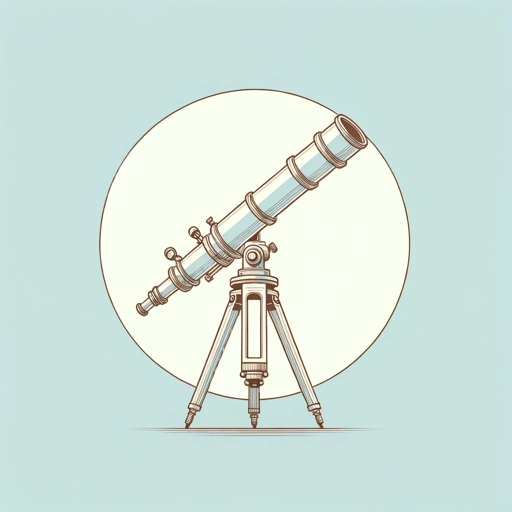34 pages • 1 hour read
Galileo GalileiDiscoveries and Opinions of Galileo
Nonfiction | Book | Adult | Published in 1957A modern alternative to SparkNotes and CliffsNotes, SuperSummary offers high-quality Study Guides with detailed chapter summaries and analysis of major themes, characters, and more.
Important Quotes
“For the nature of the human mind is such that unless it is stimulated by images of things acting upon it from without, all remembrance of them passes easily away.”
(Part 1, Page 23)
From the opening passages of “The Starry Messenger,” Galileo restates a common insight of classical and medieval philosophy: that knowledge originates in sense impressions. Here, Galileo shows his indebtedness to past thought. In addition, he uses this as a metaphor for the need to memorialize great people, which he intends to do for Cosimo II by naming Jupiter’s stars after him.
“The earth, in fair and grateful exchange, pays back to the moon an illumination similar to that which it receives from her throughout nearly all the darkest gloom of night.”
(Part 1, Page 44)
Galileo seeks to explain why the moon emits a “secondary light,” a question that gave rise to varying theories. He concludes that this light does not come directly from the sun or from a star, but from the earth reflecting the sun’s rays. This was a significant advance on previous understandings.
“We shall prove the earth to be a wandering body surpassing the moon in splendor, and not the sink of all dull refuse of the universe.”
(Part 1, Page 45)
Galileo believes that his new discoveries prove the Copernican system, which states that the earth revolves around the sun instead of remaining fixed in place. Galileo hopes to treat this topic in full in a planned work, “System of the World,” but he believes that his ideas in “The Starry Messenger” already hint at this conclusion.


